However, in reality, graduates cannot find jobs or jobs suitable for their major.
According to Statistics Indonesia (BPS), as of August 2024, the overall unemployment rate in the country was 4.91%. Notably, the unemployment rate among vocational high school graduates was up to 9.01% and among university graduates was 5.25%.
This figure reflects a deep gap between formal education and the real needs of the labor market. The problem is not one of ability or ambition, but that many people lack the skills and attitudes needed in the changing world of work.
Current vocational and university training programs in Indonesia focus heavily on STEM ( Science , Mathematics, Technology, Engineering) but are heavy on theory and lacking in practice. As a result, students may have high technical skills but weak in soft skills.
Another key factor is the ability to be self-directed, proactive in making decisions, and mobilizing resources to achieve personal goals. Students with high levels of self-efficacy are more likely to be career planners, proactive in seeking internships, and willing to try and learn from mistakes. In the context of Indonesia’s competitive and informal labor market, these competencies become especially important.
In fact, STEM students are often vulnerable during economic downturns because they lack the skills to transition to a new career. When faced with change, those with strong self-efficacy know how to adjust, respond positively, and maintain mental health. Therefore, developing a proactive mindset is not only a career lesson, but also a personal development lesson.
Mr. Ali Yasfi, an education expert at Monash University, Australia, said that Indonesia's problem is a common problem for many countries. To solve it, schools need to integrate vocational skills into the curriculum through experiential learning models, real-life projects and career guidance.
For students, expert Ali emphasized that initiative is the key. They need to participate early in career guidance, volunteering or starting a business, seeing it as an opportunity to practice their skills and build a career network.
Employers and policymakers also have a role to play. Businesses should work with universities to develop internship programs, share feedback and contribute to training content. Governments can support this by promoting co-education, as well as investing in career infrastructure for students in rural and outlying schools.
“STEM education provides a foundation of knowledge and technical skills from mathematics, programming to analytical thinking. However, according to UNESCO, only about 53% of graduates in Indonesia work in fields that match their majors. The rest are unemployed not because of lack of capacity but because they are not prepared to convert knowledge into practical value,” said Ali Yasfi, an education expert at Monash University, Australia.
Source: https://giaoducthoidai.vn/vi-sao-nhieu-sinh-vien-indonesia-that-nghiep-post752454.html
















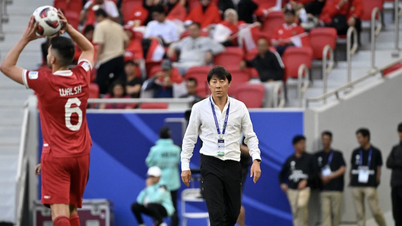



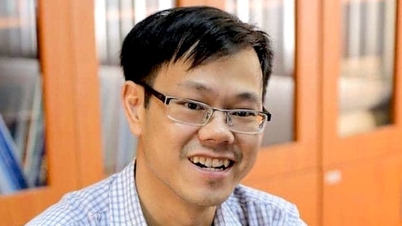


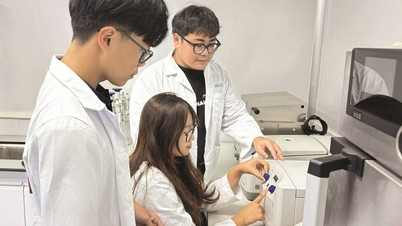





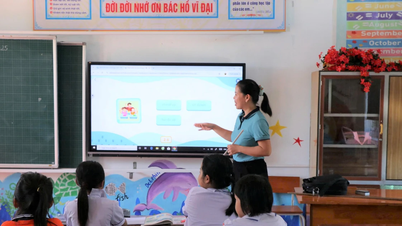
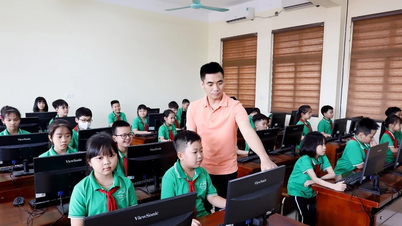
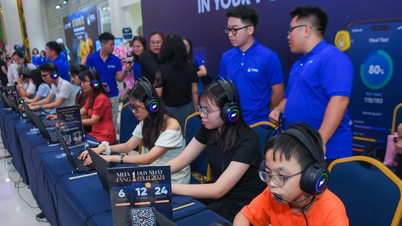

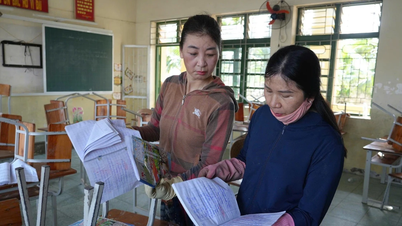
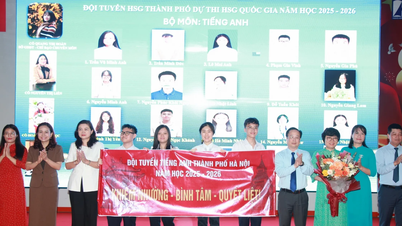
![[Photo] Ready for the 2025 Fall Fair](https://vphoto.vietnam.vn/thumb/1200x675/vietnam/resource/IMAGE/2025/10/14/1760456672454_ndo_br_chi-9796-jpg.webp)












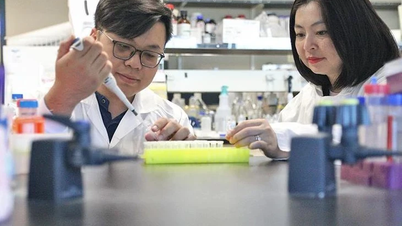

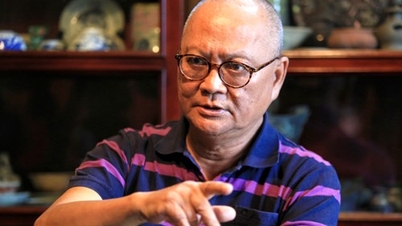







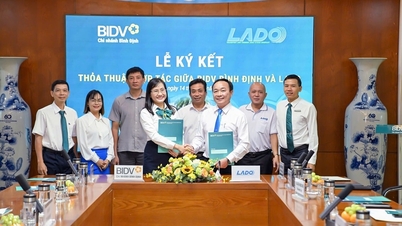




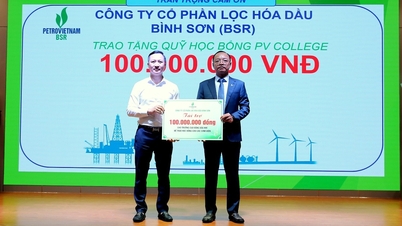
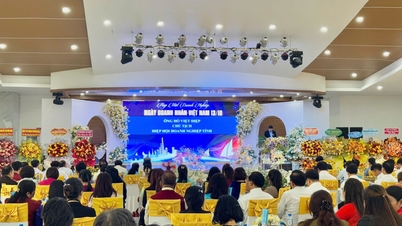
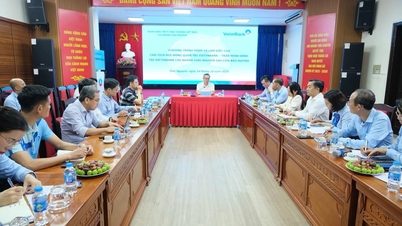








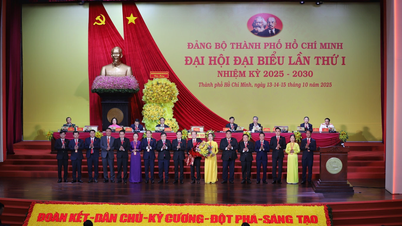

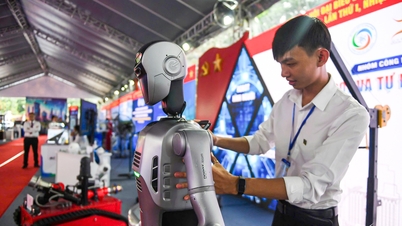
![[Photo] General Secretary To Lam chairs the meeting of the Central Steering Committee on science, technology development, innovation and digital transformation](https://vphoto.vietnam.vn/thumb/402x226/vietnam/resource/IMAGE/2025/10/15/1760500443782_anh-man-hinh-2025-10-15-luc-10-52-47.png)



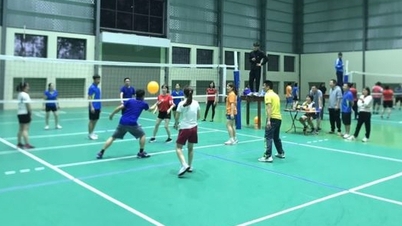

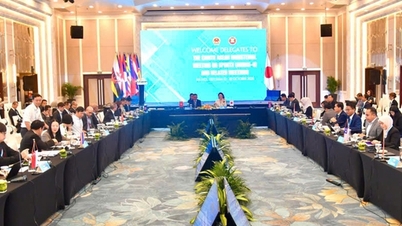

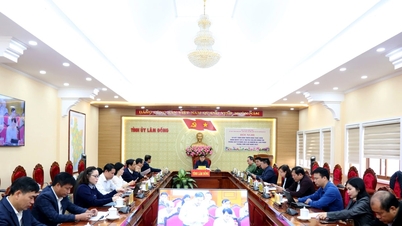

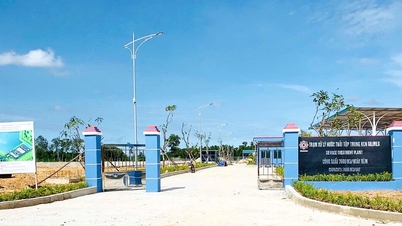


















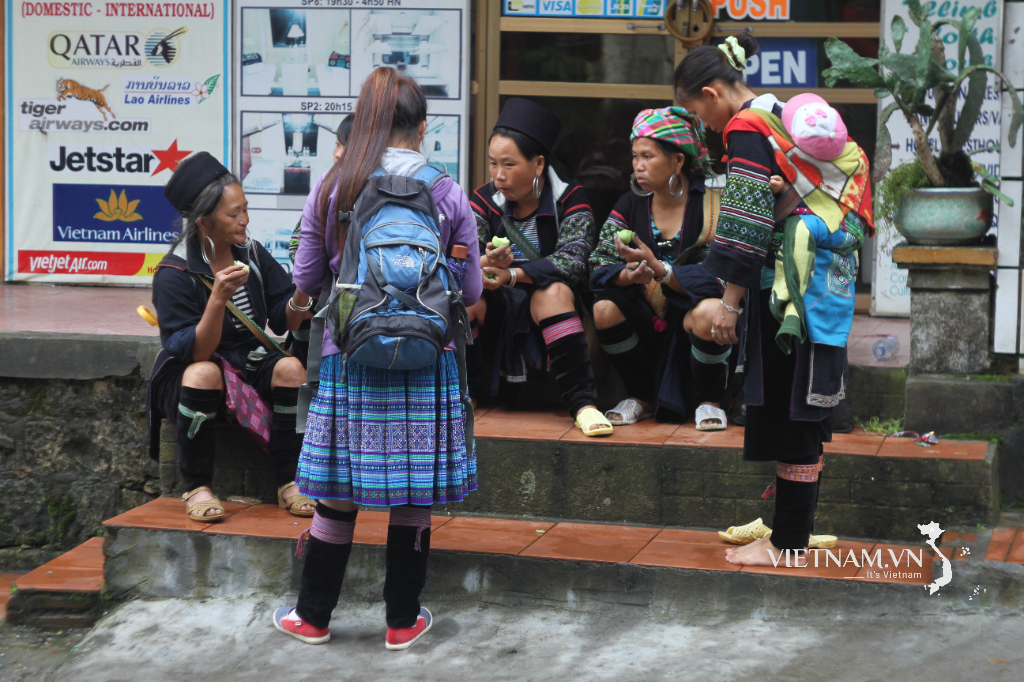



Comment (0)